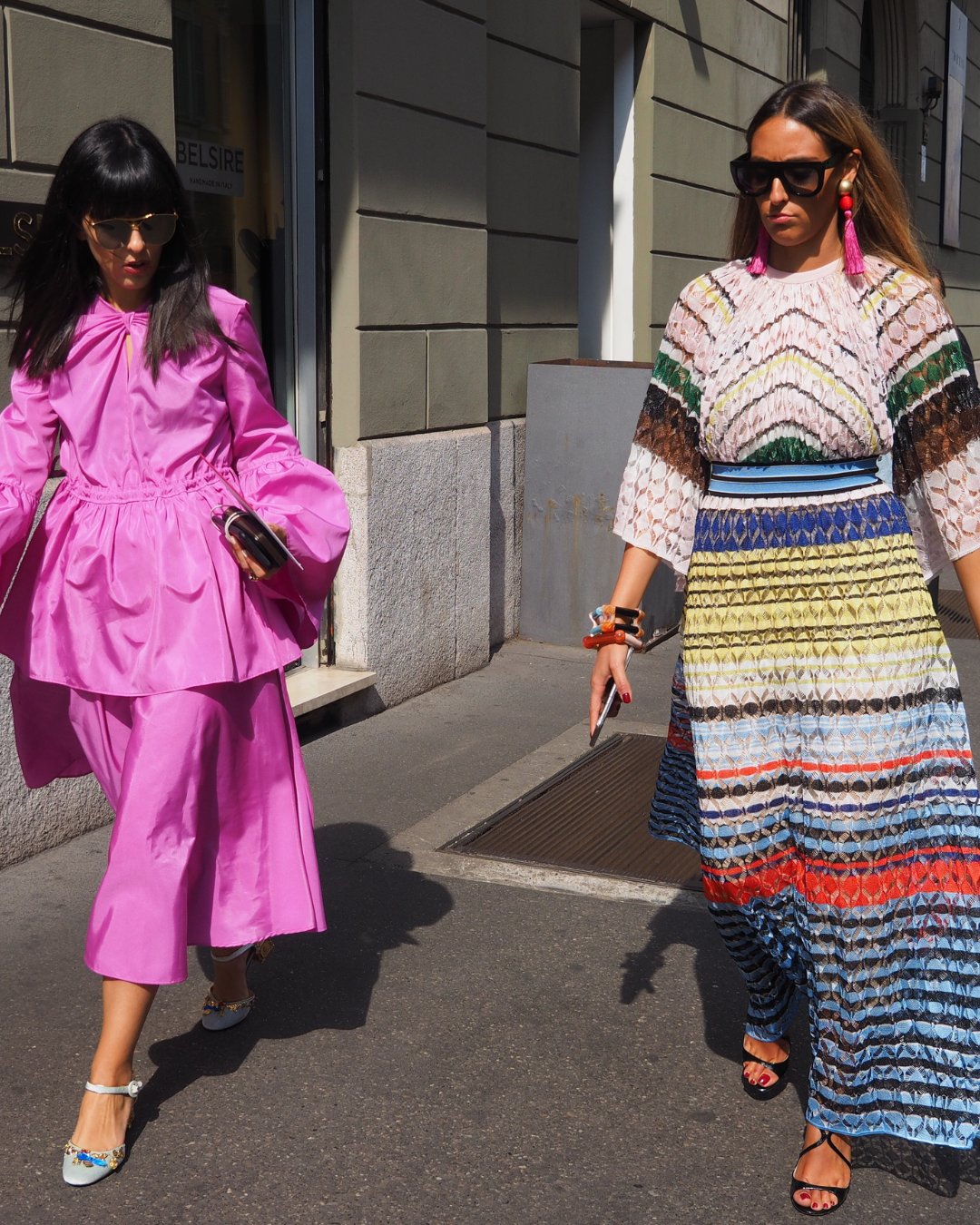Veja ‘Cancels’ Black Friday, Mudd Jeans Launches Resale, H&M Increases Payment to Bangladeshi Suppliers, Reflaunt and SuperCircle Partner on Textile Recycling Initiative
Welcome to Week/End, your quick-hit guide to this week's sustainability news at the intersection of fashion, ethics, sustainability, and business. Stay updated and in the loop with Week/End – your weekly, quick-read compass.
Photo: ‘Free Friday’ | Veja
Veja Opts for Sustainable Approach Over Black Friday Sales
Veja, the environmentally conscious sneaker brand, announced on social media that they are shifting focus from traditional promotions this Black Friday. Instead, they're offering free sneaker repairs, accommodating all brands, at their four cobbler locations.“Is it possible to cancel Black Friday? No,” wrote Veja Co-Founder Sebastien Koppsebastien on LinkedIn. “Is it possible to create new ways? We are trying.”
Mudd Jeans Launches Resale Platform
In partnership with Mended, Mud Jeans unveiled their new resale platform, marking a shift in their approach to Black Friday. Instead of participating in traditional discount-driven sales, the company hosted a livestream event to sell vintage and sample MUD Jeans. This move was part of their initiative to ‘turn Black Friday blue,’ a campaign aimed at promoting sustainable shopping practices. The initiative represented a step away from the usual Black Friday focus on new purchases, encouraging consumers to consider second-hand options in support of more environmentally conscious consumption.
H&M Rasies Supplier Payments in Response to Wage Increase in Bangladesh
Mostafiz Uddin, Founder & CEO of Bangladesh Apparel Exchange, revealed that H&M has notified its Bangladeshi garment suppliers of an increase in the cost per unit it will pay for garments. This move, communicated through a letter to Uddin and not publicly announced, is in response to the recent hike in Bangladesh's minimum wages to 12,500 BDT (US$113.48) following garment worker protests for fair pay. While many brands have urged the Bangladesh government to raise minimum wages, H&M stands out as the first to take substantial action. Despite criticisms that the new minimum wage remains inadequate, H&M has set a precedent as the first global brand to revise its pricing in favor of higher wages, planning to integrate these increased costs into its retail prices.
New Report Highlights Urgent Need for Sustainable Farming Practices as Climate Change Threatens Global Cotton Production
A new Cotton and Climate paper from the Solidaridad Network warns of the impending impact of climate change on global cotton production, particularly affecting regions and smallholder farmers already challenged by poverty and low prices. Highlighting the environmental damage from current cotton farming practices, the paper emphasizes the urgent need to adopt regenerative agricultural methods to achieve net-positive outcomes. It identifies synthetic pesticides and fertilizers as major contributors to greenhouse gas emissions in cotton production, illustrated by the devastating effects of climate events in Pakistan and the U.S. The paper calls for a significant shift in the approach of retailers and brands toward cotton sourcing and value chains, stressing their responsibility to facilitate sustainable practices to prevent irreversible damage to ecosystems, livelihoods, and future cotton production.
Renewcell Seeks Funding Amid Production and Sales Roadblocks
All eyes are on Swedish textile-to-textile recycler Renewcell as it seeks new funding as part of a strategic review amid production and sales challenges. Renowned as a trailblazer in textile recycling, particularly for its innovative textile-to-textile recycling and the creation of Circulose pulp from waste, the company faces significant operational challenges. Despite a recent partnership with Inditex, Zara's parent company, Renewcell, struggles with low sales and inefficiencies at its Ortviken plant, such as underutilizing its production capacity, delays due to incorporating new raw materials, and grappling with the variability in textile waste feedstocks that affect quality and yield. These challenges underscore the intricate balance required in sustainable textile manufacturing, particularly in scaling up innovative processes while maintaining financial viability. Renewcell’s predicament highlights a common struggle in the sustainability sector: aligning groundbreaking production techniques with market demand and efficient operational practices.
Reflaunt and SuperCircle Partner for Resale and Recycling Initiative
Reflaunt, a resale technology provider for brands like Altuzarra and Balenciaga, has partnered with SuperCircle, a fashion textile recycling platform. Announced at the Web Summit in Lisbon, this collaboration aims to streamline the resale and recycling of fashion items. The integrated service allows consumers to resell products through brand websites, with Reflaunt handling resale and SuperCircle managing the recycling of unsuitable items. The initiative, merging retail and recycling, simplifies the process for brands and consumers, enhancing sustainability and economic value. Both companies have recently secured funding to expand operations and onboard new brands.








